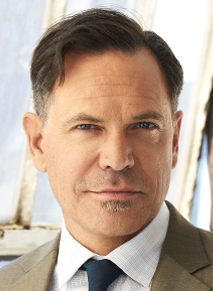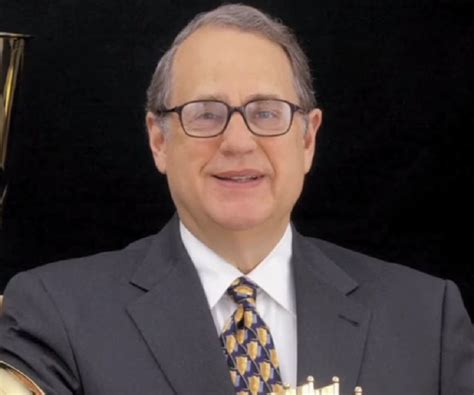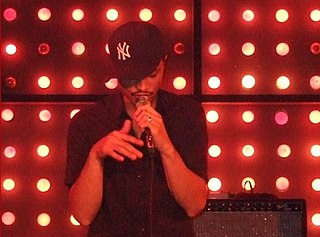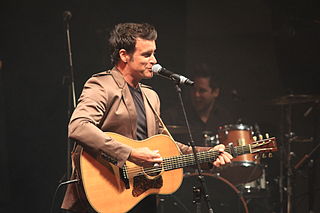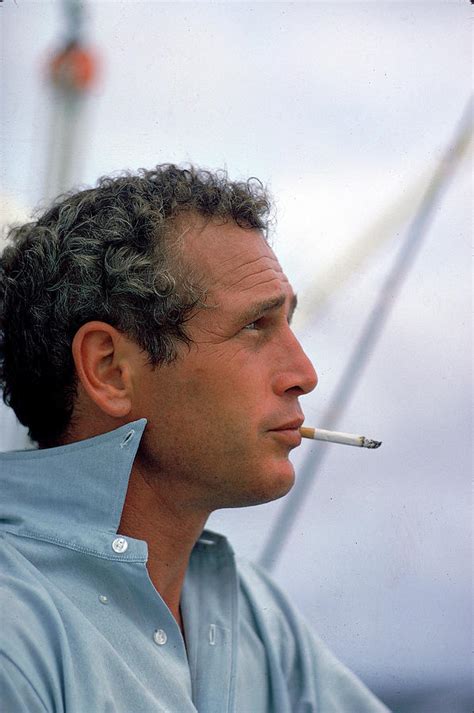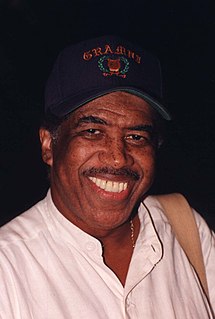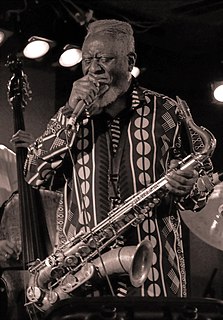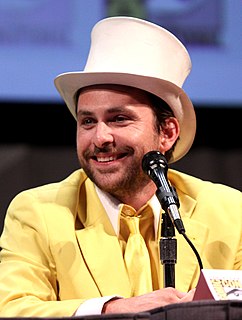A Quote by Kurt Elling
The musicians in Chicago gave me my vocation, but New York calls to a jazz musician, for sure. You want to test your mettle.
Related Quotes
I visited New York in '63, intending to move there, but I noticed that what I valued about jazz was being discarded. I ran into `out-to-lunch' free jazz, and the notion that groove was old-fashioned. All around the United States, I could see jazz becoming linear, a horn-player's world. It made me realize that we were not jazz musicians; we were territory musicians in love with all forms of African-American music. All of the musicians I loved were territory musicians, deeply into blues and gospel as well as jazz.
I have always loved jazz music and as a teen growing up in New York City and then later on as an adult have great memories of the jazz clubs that were all located on 52nd Street. I still catch as many jazz shows as I can when I am in New York. And when I perform, I have my jazz quartet by my side. Jazz musicians keep things spontaneous and very "live," which is the way I like to perform.
Recording in Nashville was absolutely essential to get the sound, the musicians, the atmosphere, the warmth... There are just cult places like that in the world, like Chicago for the blues or New York for jazz. Nothing sounds the same in Nashville as it does elsewhere. Nashville is the Mecca of country music and everyone knows it.
In New York, I was excited about the music in New York because the only music that I was more or less involved with in the South was either country and western or hillbilly music as we used to call it when I was a kid and, ah, gospel. There was no, there was no in between. And when I got to New York all the other musics that's in the world just came into my head whether it was the classics, jazz, I never knew what jazz was about all, had heard anything about jazz.
Luther Vandross and I met in Roberta Flack's band. He was singing background, I was playing bass, and Roberta was beautiful. She's like the mom to all these young musicians in New York. At that time that I met Luther, I was a musician snob. For me, the singers were just the people out in the front to keep the audience entertained. While the musicians did the real work.
Once I asked my counsellor for advice about my vocation. I asked, 'How can I know if God is calling me and for what he is calling me?' He answered, 'You will know by your happiness. If you are happy with the idea that God calls you to serve him and your neighbour, this will be the proof of your vocation.'
